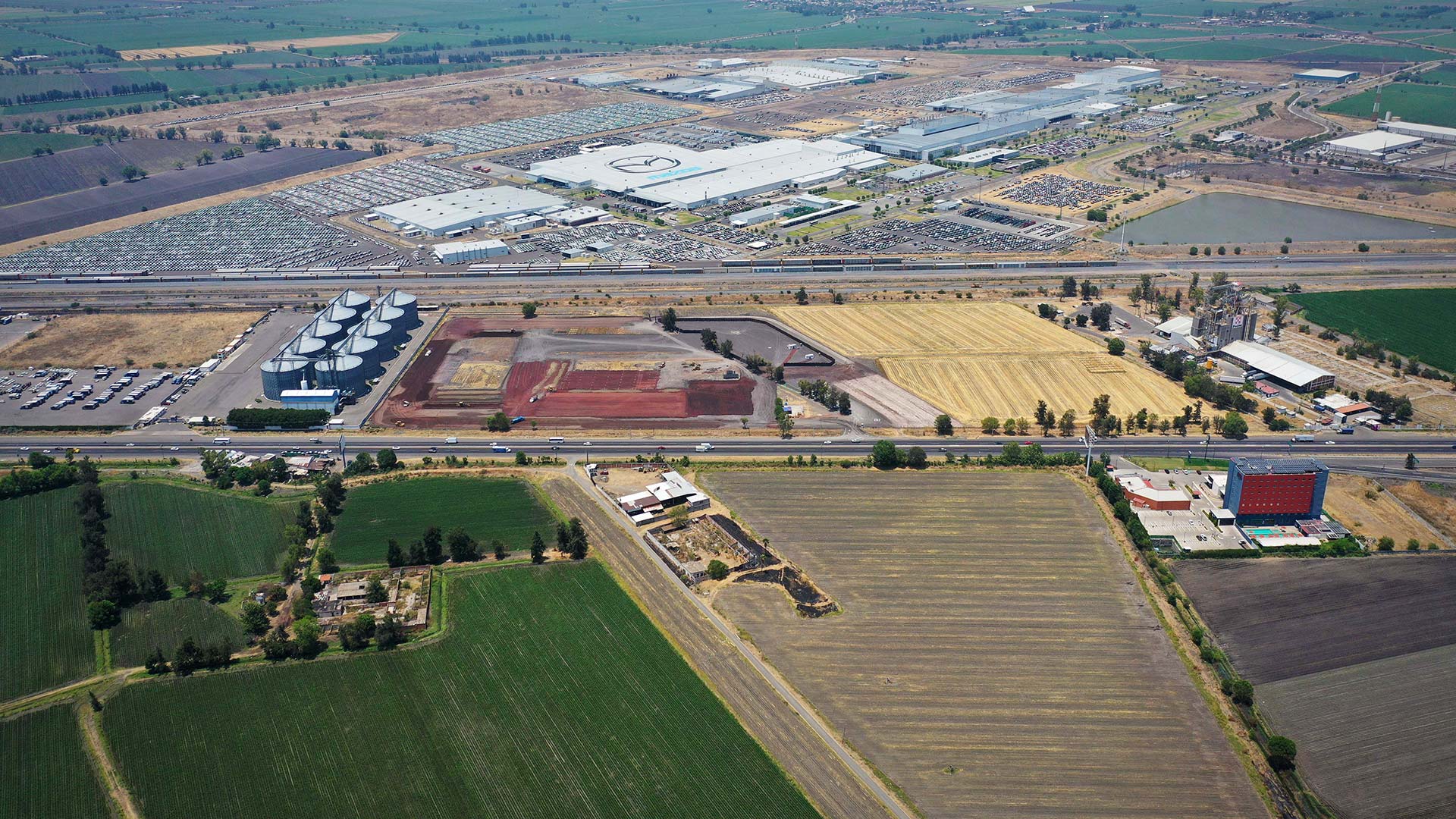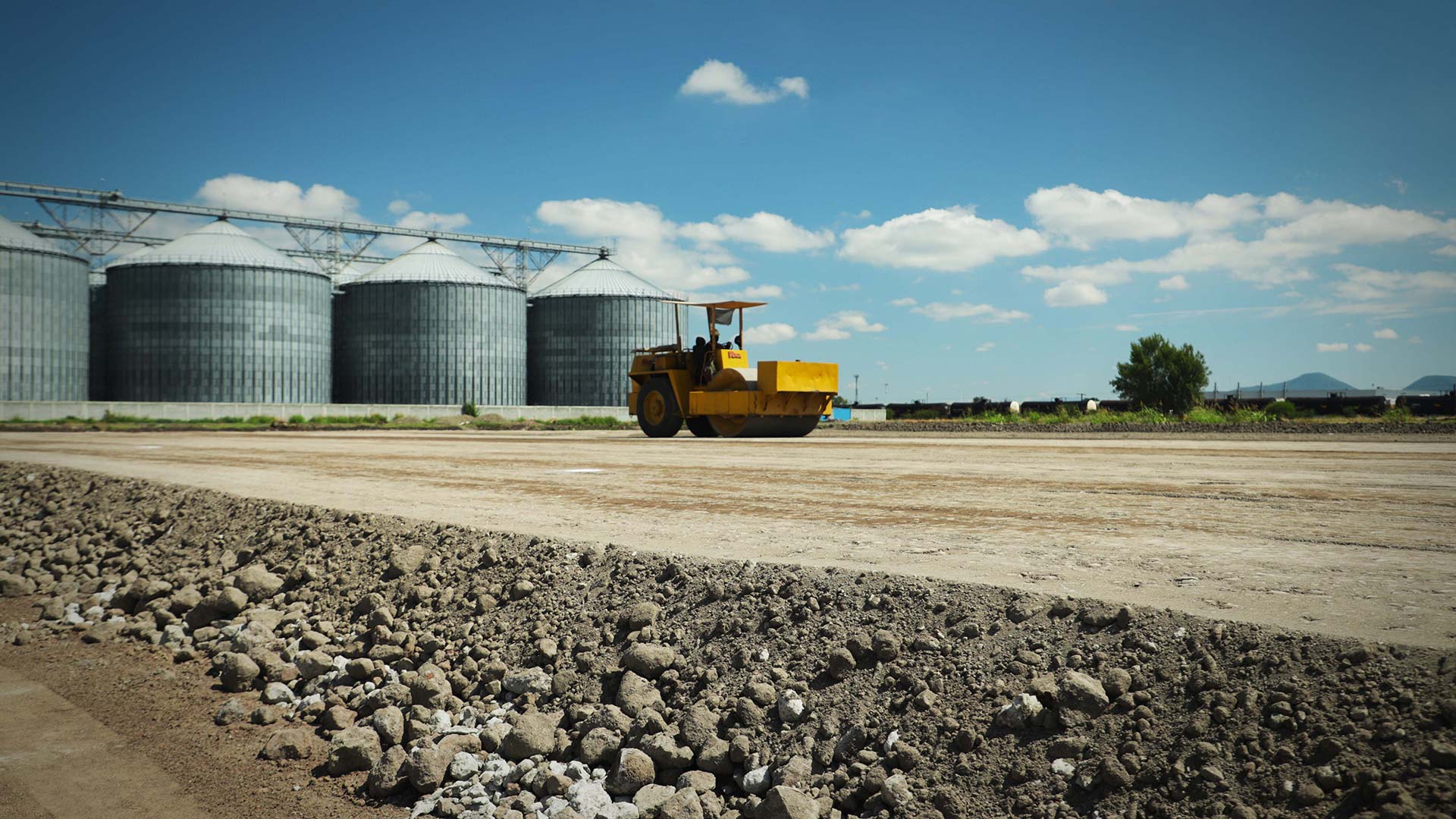
The agri-food chain
How Mexico is creating opportunities from home soil
As agriculture continues to have a huge bearing on the social, economic, and environmental impact of a country, Mexico is advancing its own sector to sow the seeds for a brighter future.
Progressing with nature
According to the United Nations, soil health and biodiversity underpin societies and economies everywhere. This is because over half of global GDP ($44 trillion) is reliant on natural capital or the natural resources that make human life possible—including air, water, and plants.
Recognizing this socioeconomic advantage, Mexico is adapting its sustainability and regulatory framework to expand the possibilities of its agri-food sector.
Born from this mission and a $300-million-dollar investment was Millfoods—what will be the world’s largest non-genetically modified corn manufacturing plant, located in the municipality of Salamanca, Guanajuato. Through its commitment to green agriculture, it plans to support a universal vision for a more sustainable ecosystem.

It will also have a more immediate impact on home soil. Producing corn grits for some of the most globally renowned beer brands and corn flour for leading consumer goods companies, it is set to increase the trade capacity of Mexico and better the livelihoods of its people.
Boosting community spirit
Millfoods prides itself on partnership. “We will purchase 75% of our corn from small and medium-sized corn producers in the Bajío area of Mexico. And will also invest $400 million dollars annually in locally purchased corn,” revealed Aldo Micheletti, Chair of Millfoods. By 2025, the company will be affecting more than one million people directly and indirectly.
For corn producers, this will not only provide income security, but Millfoods has also promised to offer technical assistance—giving them the necessary tools to improve their field productivity, grow their crop yields, and lower their carbon footprint.
For wider communities, the Mexican corn manufacturer is expected to generate more than 1,000 jobs, bringing an indirect economic boost to over 1.2 million people. It is also leading a social initiative to contribute towards the elimination of forced child labor in rural areas and training programs for communities to implement recycling facilities.
From production to distribution and waste management, Millfoods has everything in place to maintain a circular supply chain with minimal environmental damage and maximum human impact.
Reinventing the process
To advance its climate solutions, Millfoods has completed negotiations with the leading global energy supplier to operate with 100% renewable energy. In 2026, it will also begin construction on a new, zero-emission industrial food plant in Mexico. Generating its own energy through co-products and state-of-the-art industrial equipment, it will be a pioneer in both its category and global sustainable development goals.
As part of its corporate responsibility, Millfoods also hopes to invest in the digital transformation of corn production. Introducing the latest machinery, irrigation systems, and green innovations, it plans to make the end-to-end process more efficient and ecological for producers.

Not stopping there, Millfoods has partnered with several multilateral banks and global conglomerates to create a corn origination fund called Maize Capital. Aimed at enhancing the lives of small and medium-sized corn producers, it provides them with the investment and resources they need to succeed in their professional environment.
Designed to support producers over a 12-year period, the fund—which offers interest rates of around half the value of standard fees—works to transform small family farms into formal producing units. Producers get to continue cultivating their own fields, safe in the knowledge that they have the financial backing and technical support to sustain their quality of life.
Having formed a symbiotic relationship with Mexico’s agriculture community, Millfoods recognizes it as a strategic partner across the entire value chain—and not just one part of it. Under this lens, it will play an essential role in attracting further capital to Mexico and bettering the lives of its people and environment.

